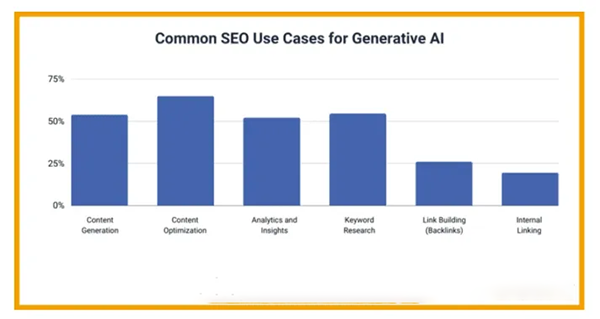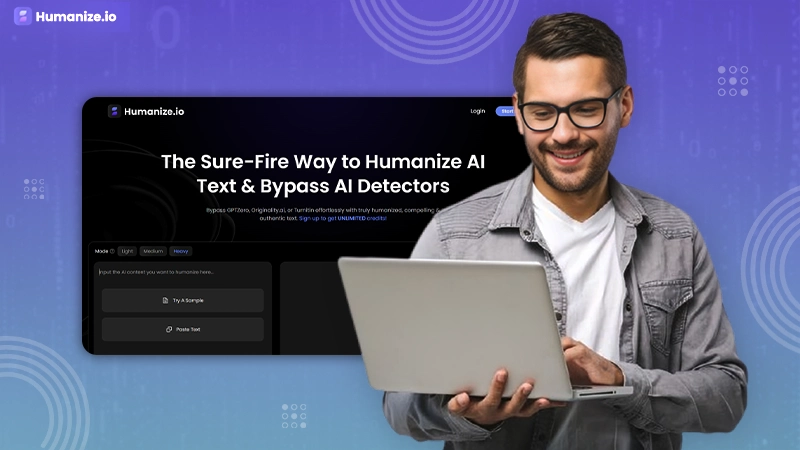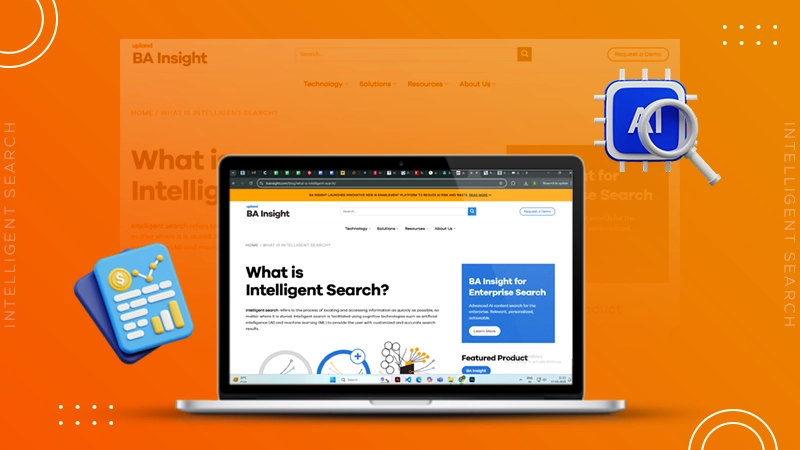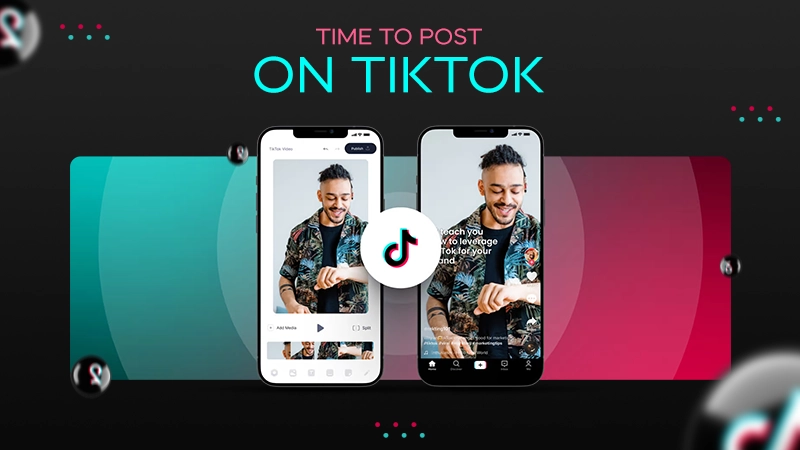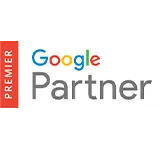The Future of SEO: How AI and Machine Learning Will Reshape Search in 2025
“The next wave of SEO will revolve around AI’s ability to predict user intent, personalize content, and anticipate needs before a search even occurs.”
– Brian Dean, Founder of Backlinko
In the digital age, online visibility plays a major role in a business’s success, this calls for efficient SEO strategies. It is no secret that SEO can significantly enhance a website’s performance including its credibility, traffic, user experience, and overall marketing effort.
As an SEO expert, I have closely observed search engine optimization practices evolve enormously over the years, and now I can say that this is the era of advanced tools like AI and machine learning. 86% of SEO professionals have already integrated AI into their strategies. (SEOProfy: SEO Statistics)
It is expected that by 2025, these modern technologies will redefine how businesses optimize their online presence and engage with audiences. Curious to know more? Stick to the end as I share a glimpse into the future of SEO.
AI-Powered Personalization
AI tools are known for their excellent ability to track and analyze huge amounts of data. Our SEO teams utilize this feature to deliver hyper-personalized results tailored to individual user behavior, search history, and preferences.
In the coming years, AI is set to revolutionize search by delivering customized results. This shift will require businesses to create content that resonates with diverse audience segments and aligns with user intent.
Semantic Search Domination
If you think that search engines still revolve around keyword matching, then you’ve certainly got it wrong, because now they are moving beyond those traditional methods. Semantic search, which understands the context, intent, and meaning behind queries, is poised to dominate this area.
This signals that optimizing for natural language and related concepts rather than just specific keywords will surely become crucial.
FUN FACT
According to a LinkedIn report, AI-driven SEO campaigns can lead to a 45% increase in organic traffic and a 38% increase in conversion rates for e-commerce businesses.
Voice and Visual Search Growth
You might have noticed that the rise of smart devices and visual recognition technology is fueling voice and visual search. This means that businesses must optimize their content for conversational queries and image-based searches to sustain themselves in this competitive and crowded environment.
Automation with AI Tools
Automation through AI-driven tools has streamlined various SEO tasks like content creation, keyword research, and competitive analysis, saving a large chunk of our time and effort that we now devote to more strategic tasks.
Agencies like Loopex Digital leverage advanced AI solutions to deliver data-backed strategies that boost online visibility and engagement. Incorporating AI in routine SEO activities will enable businesses to focus on creative and strategic efforts.
User Experience Priority
Were you aware that Google’s ranking algorithms are now placing increased emphasis on user experience (UX)? This hints that fast-loading pages, mobile-friendly designs, and engaging interfaces will greatly impact search rankings.
High-Quality Content is King
With new technologies and advanced tools we can expect search engines to become more sophisticated, this will result in the growth of demand for authoritative, relevant, and trustworthy content. So, businesses must prioritize in-depth, well-researched content to secure high rankings and build user trust.
Advanced Algorithms
Machine learning models are making search engines smarter. Staying ahead requires an adaptive and proactive SEO strategy. It is expected that by 2025, these algorithms will be able to better interpret user intent, analyze content quality, and rank pages with incredible precision.
Integration with AR and VR
The emergence of augmented reality (AR) and virtual reality (VR) opens new frontiers for SEO. Optimizing AR/VR experiences will allow brands to connect with users in more immersive ways, broadening the scope of digital marketing.
Data-Driven Insights
AI-powered analytics and predictive tools will precisely offer unprecedented insights into user behavior and search trends. Businesses can leverage these insights to refine their strategies and stay ahead of the competition.
DO YOU KNOW?
According to seoClarity, the most common SEO use cases for generative AI include content optimization, content generation, and keyword research.
Ethical SEO Practices
I think everyone would have observed how automation of processes is on the rise, I won’t disagree that it can significantly benefit people but at the same time, maintaining authenticity and a human touch in content creation is also essential. We can say that ethical SEO practices that prioritize transparency and user-centric approaches will be key to building long-term success.
As businesses navigate these changes, tools like ZeroBounce, which validates bulk email addresses and improves email deliverability, will complement SEO strategies by enhancing outreach and customer engagement efforts.
Companies that embrace innovation and adapt to these trends will thrive in the competitive digital landscape of 2025.
Conclusion
After all that we have discussed in this article, I can say that the future of SEO is brimming with opportunities powered by AI and machine learning. By understanding these trends and integrating cutting-edge tools, you will be able to craft robust strategies for your business that meet the demands of the evolving digital ecosystem and help you sustain in this competitive environment.

